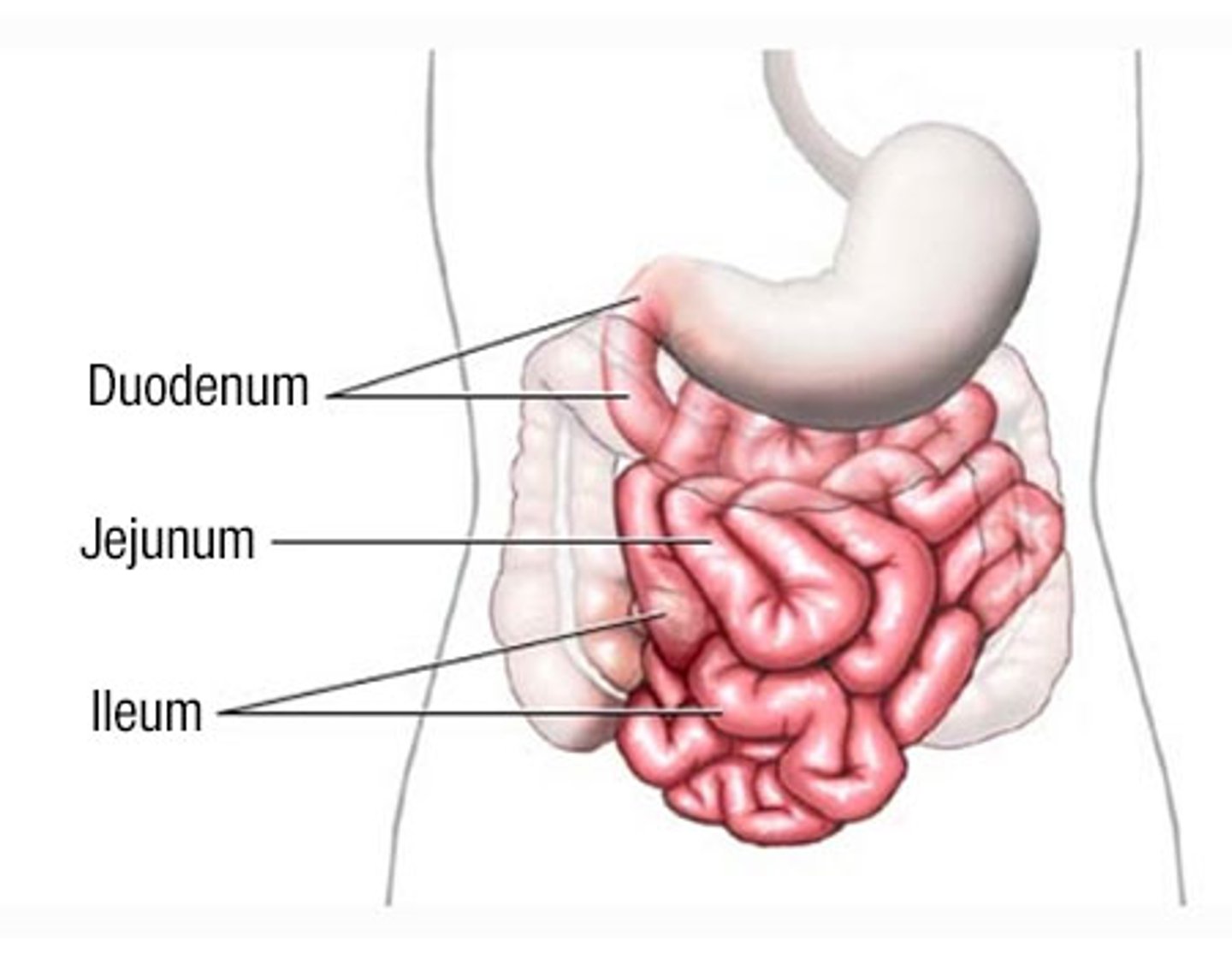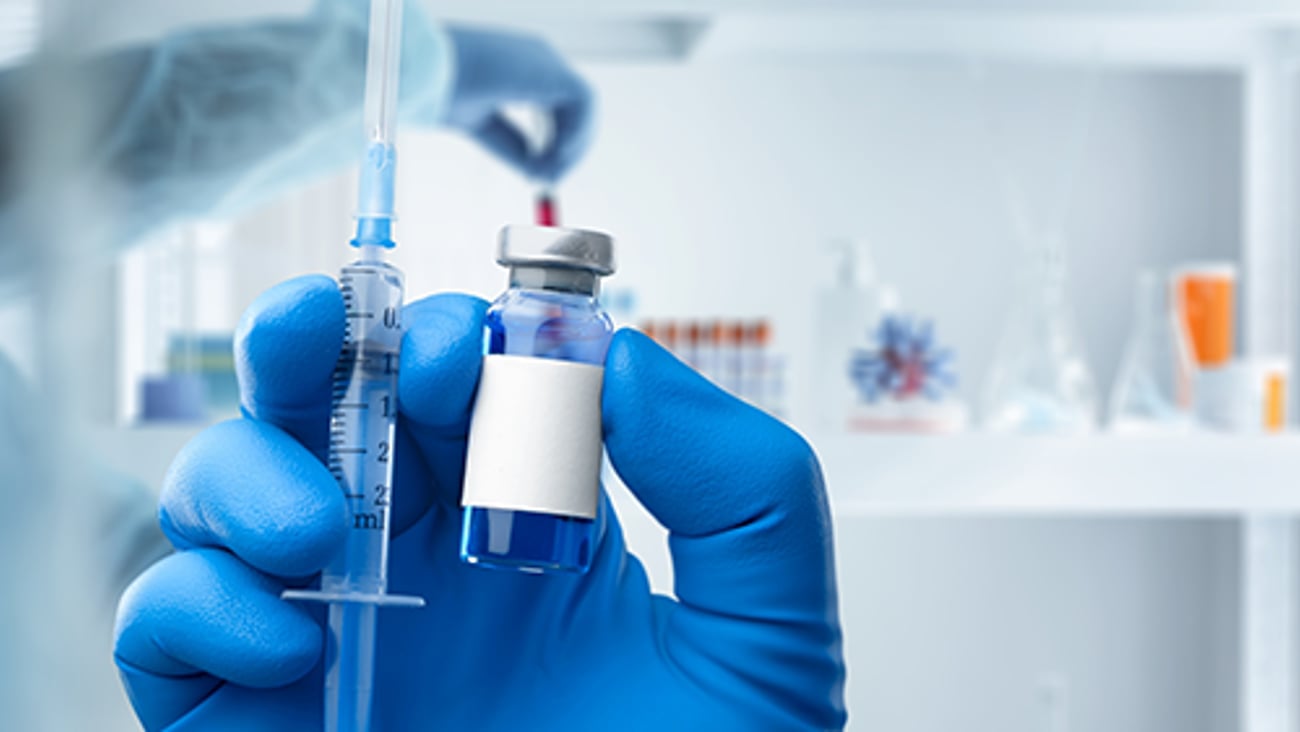How IMMUSE™ Interacts with Peyer’s Patches for Immune Support
The lymphatic system is a vital component to your overall immune health. A network of vessels, glands, organs, and tissues, the lymphatic systems work hard to protect your body, remove cellular waste and maintain bodily fluid levels.
Peyer’s patches are one of the various lymphatic organs that produce and release specialized white blood cells, known as lymphocytes, and other immune cells to help eliminate potentially risky material before it can cause harm to your body.
Most importantly, Peyer’s patches are home to a rare type of dendritic cell known as plasmacytoid dendritic cells (pDC) that behave as a leader of the immune system. IMMUSE™ is the first commercially available dietary and food ingredient shown to activate these highly influential cells.
What are Peyer’s Patches?
Peyer’s patches are roughly egg-shaped masses of lymphatic tissue organized into follicles containing a few key immune cells. They belong to the Gut-Associated Lymphoid Tissue (GALT), forming an important part of your immune system, and play a crucial role in monitoring the contents of your digestive tract—initiating a defense strategy when necessary.
Where are they located?
Peyer’s patches are a series of small lymphatic nodules (similar to lymph nodes) situated in the mucus lining of your small intestine. Most people have between 30 and 40 Peyer’s patches that vary in size, shape, and distribution from person to person. However, most Peyer’s patches are found in the ileum region, which is the last portion of your small intestine responsible for further digestion, as well as absorbing water and nutrients from food.
Peyer’s Patches Functions
Your digestive tract is not only home to thousands of living microorganisms, including fungi and bacteria, but is also continuously being exposed to more external substances. Meanwhile, the microbes in your digestive system – collectively known as your gut microbiome – are in close contact with your immune system. The good and bad bacteria residing in your gut influences your body’s immune response.
The main function of Peyer’s patches is to monitor the various microbes in your digestive system, surveying for any potentially harmful substances, and activating an appropriate immune response to protect your body (a function known as immunosurveillance). It does so by helping identify antigens and producing antibodies.
Let’s take a closer look.
As mentioned above, the inside of Peyer’s patches contain a number of important immune cells, including macrophages, dendritic cells, T cells, and B cells. Specialized cells known as microfold cells (M cells) line the surface of each Peyer’s patch, facing the inner tubing of your small intestine.
When M cells encounter an external substance in your digestive tract, the specialized cells absorb and transport the antigen into the Peyer’s patches across M-cell specific pores. Once in the Peyer’s patches, M cells feed the antigen to the dendritic cells and macrophages, which then present the antigen to your T cells and B cells. If the antigen is potentially harmful, your T cells and B cells will activate a strategic immune response.
How IMMUSE™ Postbiotic Interacts for More Comprehensive Immune Support
Discovered in the 1990s, activated pDCs recruit, stimulate and organize an entire army of immune cells for a more complete immune response.
Remember that Peyer’s patches are located in your small intestine. Whereas probiotics deliver live bacteria to your large intestine – aiming to restore a healthy balance of good and bad bacteria in your gut microbiome – IMMUSE™ (LC-Plasma) is a cutting-edge postbiotic that directly activates pDCs. The majority of which are housed within the follicles of Peyer’s patches.
Orally consumed, the postbiotic travels through your digestive tract to the small intestines where M cells pick up the small particles and carry them into your Peyer’s patches. The small particles of IMMUSE™ directly activate pDCs, subsequently stimulating additional key immune cells located within your Peyer’s patches. The army of stimulated immune cells then circulate throughout your body, strengthening and boosting your immune system.
Learn more about the vital role of pDCs in immune defense and how IMMUSE™ postbiotic provides more comprehensive immune support at IMMUSEhealth.com.
*These statements have not been evaluated by the Food and Drug Administration. This product is not intended to diagnose, treat, cure, or prevent any disease.








